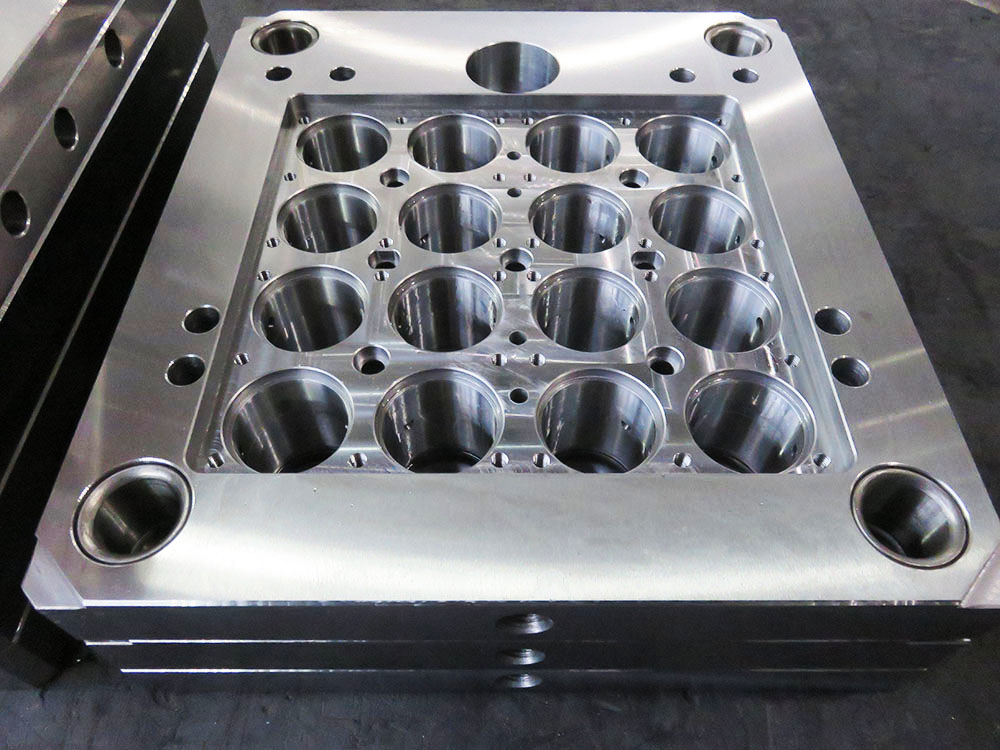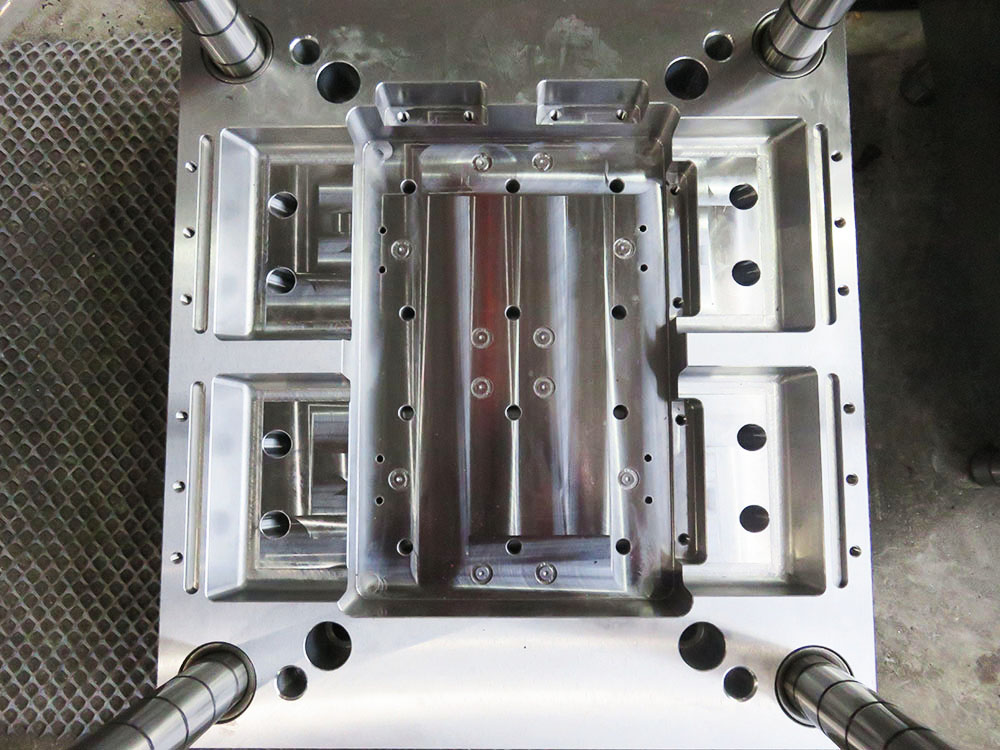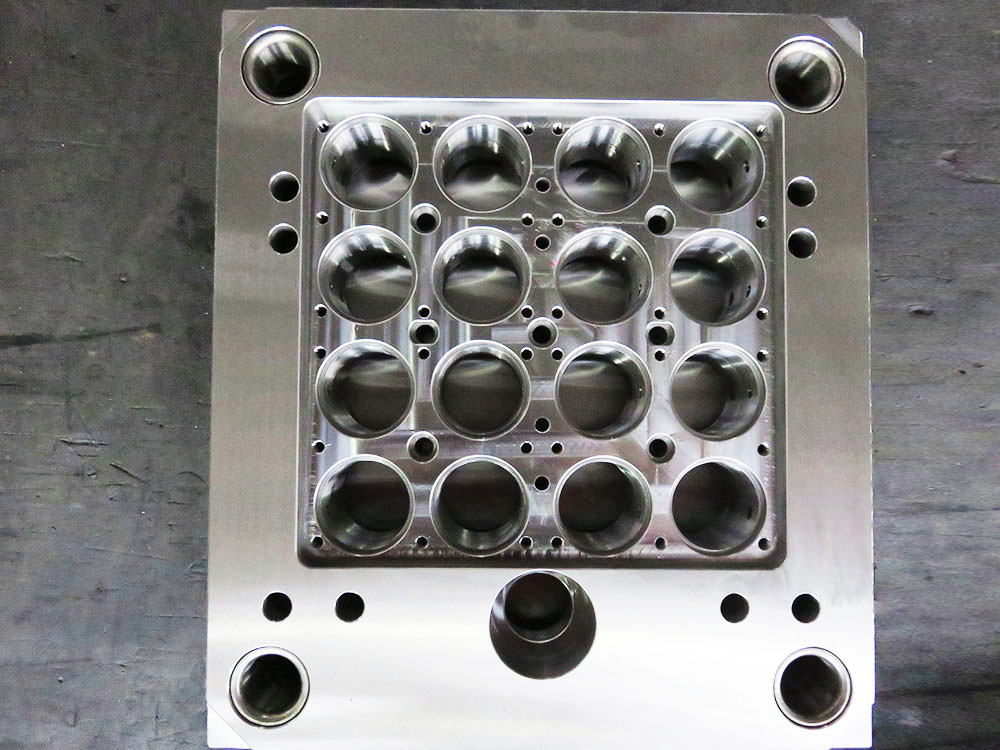The Definition and Significance of Modular Framework in the Mold Base Industry
In the world of mold base manufacturing, the term "modular framework" is of great importance. It refers to a structured system that allows for the assembly, customization, and reusability of various components in the production of mold bases. This article takes a closer look at the definition and significance of modular frameworks in the mold base industry.
Modular frameworks in mold bases consist of standardized and interchangeable components that can be systematically combined to create a wide range of mold base configurations. These components include base plates, guiding systems, support pillars, ejector systems, cavity plates, and many others. The modular nature of these frameworks allows for flexibility in design, as well as efficient assembly and maintenance, resulting in significant time and cost savings for mold base manufacturers.
One of the key advantages of modular frameworks is their ability to streamline the design process. By having a standardized set of components, mold designers can quickly and easily select the necessary parts for their specific application. This eliminates the need to design every single component from scratch, saving valuable time and resources. Moreover, the modular approach enables designers to easily make modifications or adjustments to the mold base structure without having to start the design process all over again.
Another significant benefit of modular frameworks is their impact on manufacturing efficiency. With a set of standardized components, mold base manufacturers can optimize their production processes and minimize downtime. As these components can be easily assembled and disassembled, mold base manufacturers can swiftly respond to new orders or repair requests. The interchangeable nature of the components also allows for the reuse of certain parts, reducing material wastage and further contributing to cost savings.
Furthermore, modular frameworks enable better inventory management for mold base manufacturers. By having a standardized set of components, they can maintain a well-organized inventory system and easily track the availability of different parts. This not only helps in reducing lead times but also enables manufacturers to plan their production schedules more effectively. Manufacturers can also benefit from economies of scale by handling larger volumes of standardized components, resulting in reduced procurement costs.
In conclusion, modular frameworks play a crucial role in the mold base industry. They provide a structured system that allows for efficient design, assembly, customization, and reusability of components. The modular approach not only streamlines the design process but also enhances manufacturing efficiency, inventory management, and cost savings for mold base manufacturers. Embracing modular frameworks in the industry is key to staying competitive and meeting the ever-evolving demands of the market.




